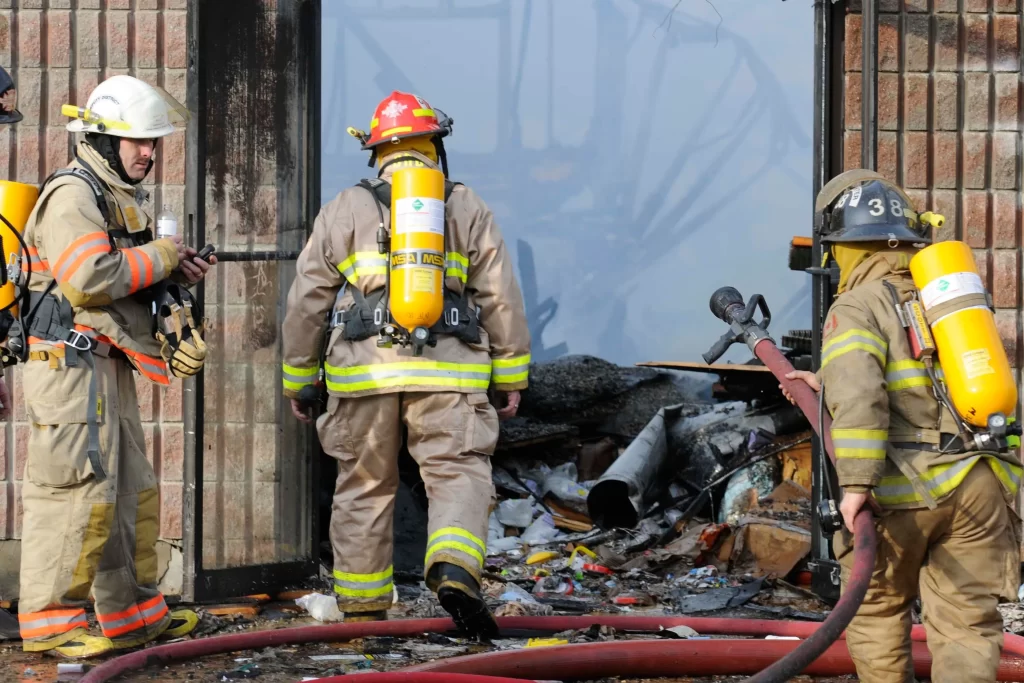Not a Euphemism
As a First Responder, situational awareness is among the most critical qualities you bring to the crisis. Even as Veterans, we understand the importance of being aware and proactive at the moment. You need to know what is going on around you to be cognizant of potential threats and opportunities so rapid decisions can be made. This tactical vigilance not only demands externally directed focus but internal awareness. The integration of time, space, your position in it, and how you influence that situation. How could this ever be a problem?

If we begin filtering sensory information to the point of over-sensitivity, we can become overwhelmed by stress signals to things that may not even be a threat. For example, you need to be situational aware during triage of casualties, approaching a vehicle, or entering a burning building. However, feeling overwhelmed with your family at the grocery store because you need to watch the movements of every customer is not helpful and can actually be harmful.
–We can become overwhelmed by stress signals to things that may not even be a threat.
Awareness or Needless Exhaustion?
The need to remain tactically vigilant cannot be emphasized enough. However, disproportionate levels of awareness can become a distraction when we try to focus on everything all at once. Ironically, it becomes the opposite of what our intention was. We may lose focus when trying to appraise every detail in our environment. This can also increase our startle response and cause us to overreact, even to the point that falling asleep or staying asleep is difficult. After all, how can we take pleasure in enjoyable activities or even fall asleep if we do not feel safe?
–Disproportionate levels of awareness can become a distraction when we try to focus on everything all at once
This is different from losing contact with the present moment and re-experiencing intrusive, vivid memories of trauma or another moral injury. The overlap between the present and past can be so intense it leads to feelings of panic or the thousand-yard state many of us have seen. In either case, there is a hyper-focus on either the present experience (hypervigilance) or past events (disassociation).
Eyes Downrange
To say that you, or any other First Responder or Veteran, is “paranoid” when describing a need to remain constantly vigilant does not add anything to our knowledge about why the need exists and what the rationality is. Unfortunately, it may only increase stigma. Telling the difference between when tactical vigilance offers a protective skillset and when it becomes problematic can be difficult. Having eyes downrange helps keep us aware and proactive in our decision-making. However, if we become preoccupied with this need to constantly survey our surroundings, it can not only be exhausting but cause needless stress and strain on relationships.
If this is something you are struggling with, you might benefit from speaking with a registered therapist who also understands the unique cultures of First Responders and Veterans. Someone who can help you make sense of having been sane in insane places.
If you are a First Responder or Veteran in need of mental health guidance, we can help you! Book a Free 15-min Discovery Call with Richard Piekarczyk-Vacca.